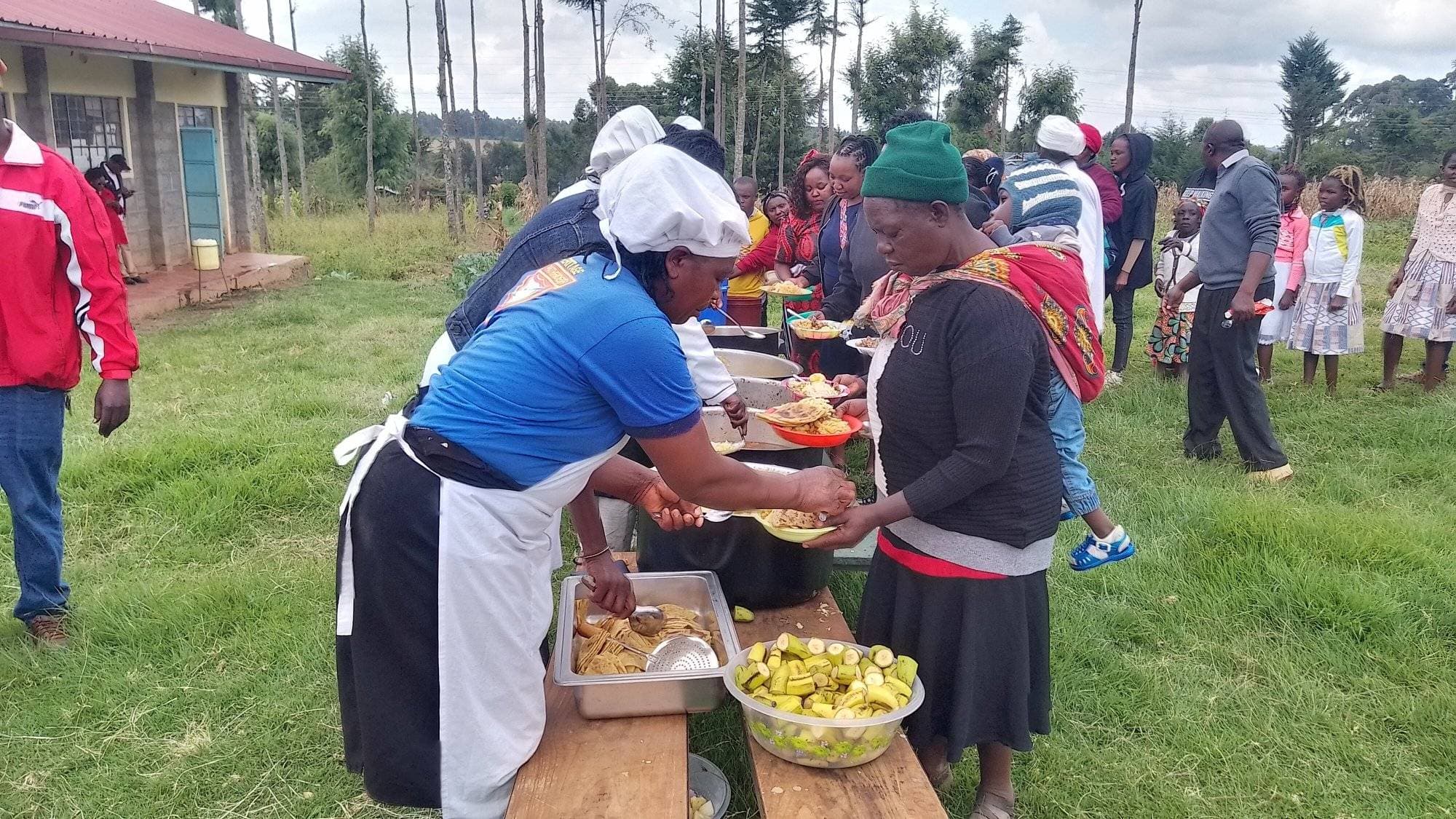We're loading the full news article for you. This includes the article content, images, author information, and related articles.
A social media campaign has transformed the lives of three immobile brothers in Ol-Kalou, Nyandarua County, highlighting the power of community-led initiatives in addressing the significant gaps in social support for persons with disabilities in rural Kenya.

OL-KALOU, NYANDARUA – Three brothers living with severe physical disabilities in Ol-Kalou, Nyandarua County, have received a new, fully furnished permanent house, thanks to a fundraising initiative spearheaded by US-based Kenyan YouTuber Jeremy Damaris. The handover on Tuesday, October 28, 2025, marked a pivotal moment for the family, which had previously lived in difficult conditions.
The brothers, who are all immobile and non-verbal, have been under the full-time care of their mother. Their situation was brought to national attention through a video circulated online, which showed the significant challenges they and their mother faced daily, including the need to be physically carried everywhere. The family attributed the brothers' condition to a paternal curse, a claim that underscores the cultural beliefs that can sometimes surround disability in some communities.
Mobilized by the family's plight, Kenyans online and in the diaspora contributed funds through Mr. Damaris's platform. This collective effort culminated in the construction and furnishing of a modern home, complete with essential amenities like a water tank, to ensure the family's comfort and dignity.
This case is a powerful illustration of the modern "digital harambee," where social media influencers leverage their platforms to rally public support for social welfare causes, often filling voids in official support systems. It also casts a sharp light on the broader challenges facing persons with disabilities in Kenya, particularly in rural areas.
According to the National Council for Persons with Disabilities (NCPWD), there remains a significant gap between the country's strong legal framework—including the Persons with Disabilities Act (No. 14 of 2003) and the 2010 Constitution—and the reality on the ground. A 2024 NCPWD report revealed that only 4% of public institutions meet the mandated 5% employment reservation for persons with disabilities, with PWDs making up just 1.32% of the total public workforce.
Furthermore, data collection on disability remains a challenge, which impacts policy and program decisions. Stigma and difficulties in translating disability questions in local languages during national exercises like the 2019 census may have led to underreporting of the true prevalence of disability. This lack of precise data complicates efforts by government agencies and NGOs to provide targeted support.
While the government, through entities like the National Fund for the Disabled of Kenya (NFDK), provides support such as grants, assistive devices, and educational assistance, the demand often outstrips available resources. A 2022 assessment by the Kenya National Bureau of Statistics (KNBS) was specifically designed to understand the met and unmet support needs of persons with disabilities to inform the design of more inclusive social protection schemes.
In sub-Saharan Africa, Kenya included, a high percentage of the urban population lives in slum-like conditions, and access to adequate housing is a major challenge. For families caring for members with severe disabilities, the financial and physical burden is immense. The Ol-Kalou case demonstrates that community-driven initiatives and public-private partnerships are becoming increasingly crucial in providing immediate, tangible relief where systemic support is lacking. The new home will not only provide shelter but also a safer, more hygienic, and dignified environment for the three brothers and their dedicated mother.
Keep the conversation in one place—threads here stay linked to the story and in the forums.
Sign in to start a discussion
Start a conversation about this story and keep it linked here.
Other hot threads
E-sports and Gaming Community in Kenya
Active 9 months ago
The Role of Technology in Modern Agriculture (AgriTech)
Active 9 months ago
Popular Recreational Activities Across Counties
Active 9 months ago
Investing in Youth Sports Development Programs
Active 9 months ago